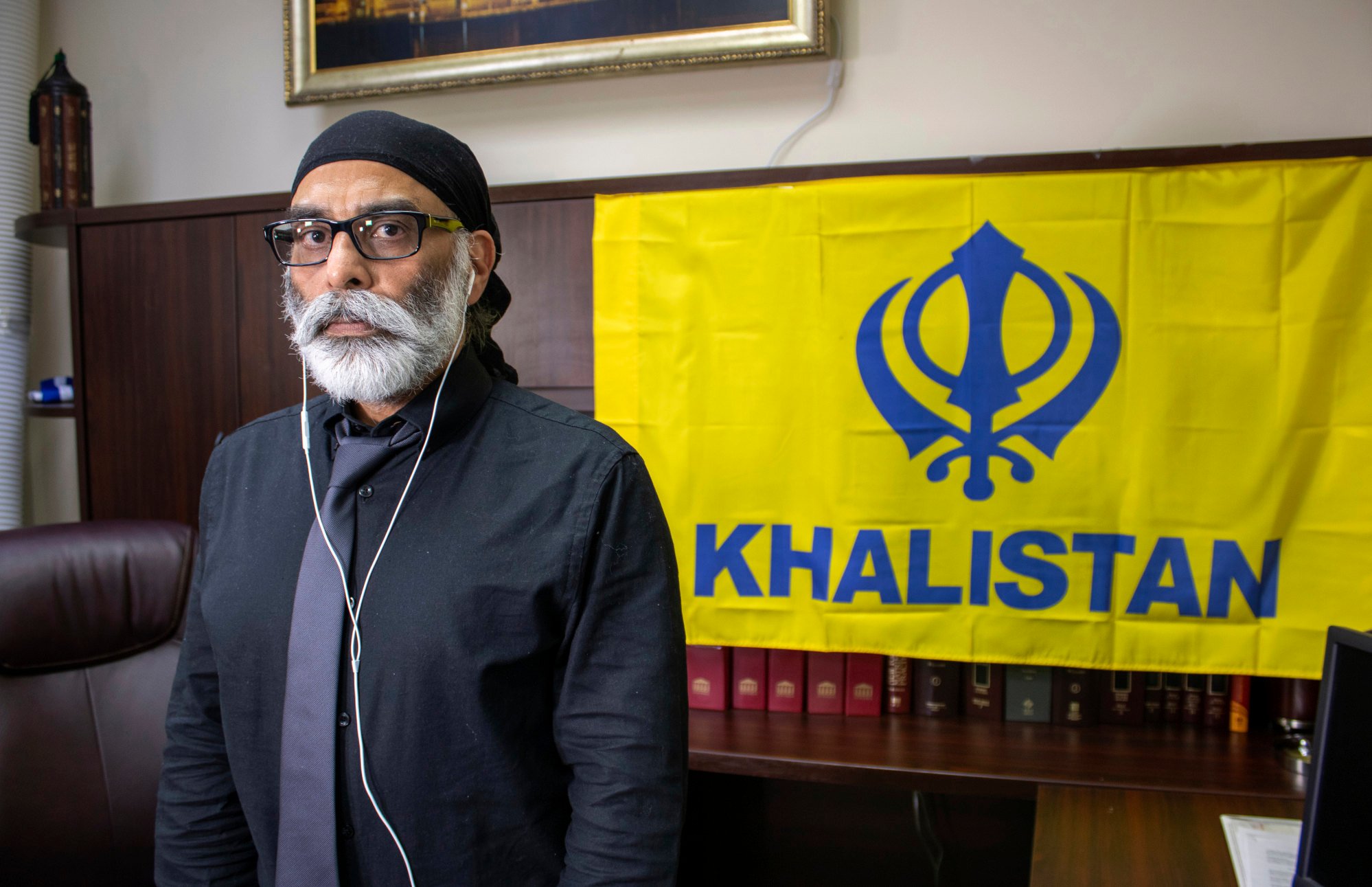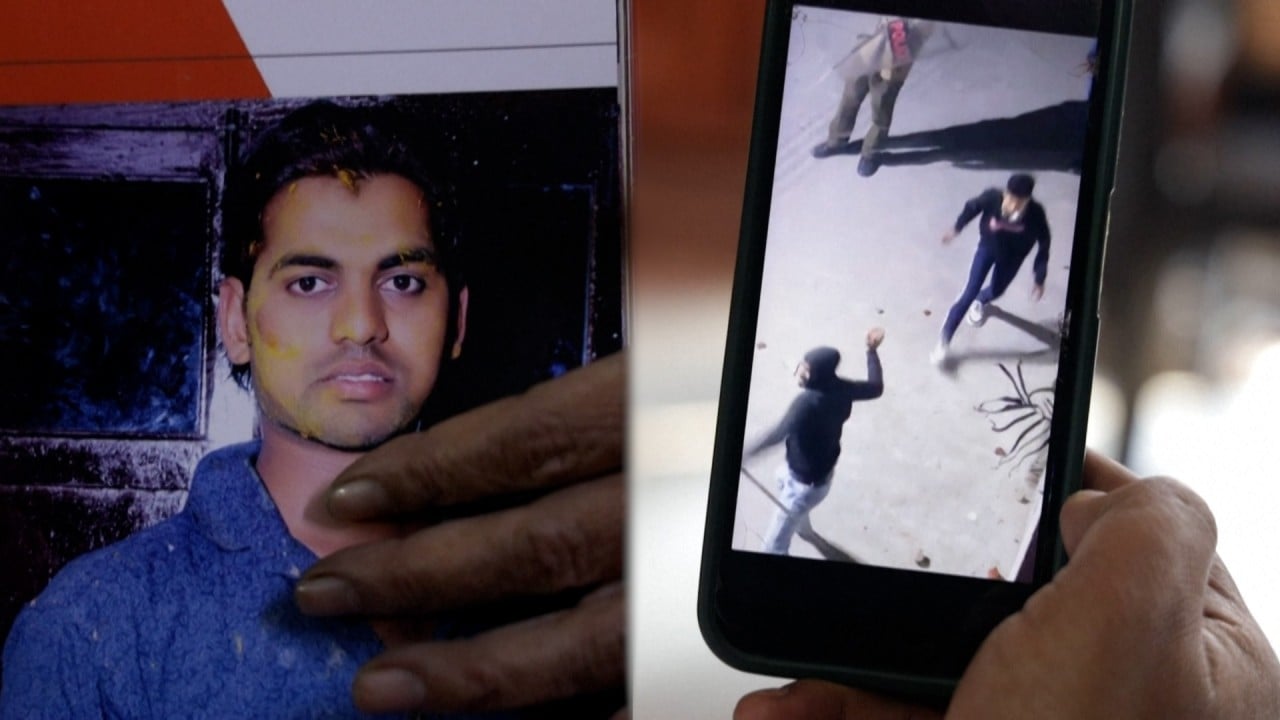
US-India ties strained by Biden’s gaffes, criticism, murder plot – but ‘they need each other’
- Ties took a hit when Joe Biden called India ‘xenophobic’. Washington’s criticisms – and a failed assassination plot – haven’t helped matters either
- But analysts say Washington will ensure nothing gets in the way of its efforts to counter China’s rise by partnering with New Delhi
Analysts say there has been “a lot of noise” but the strategic capital Washington places on India as a counterweight to growing Chinese influence in the Indo-Pacific region would ensure bilateral relations do not spiral out of control and disagreements are compartmentalised.
Biden’s comments coincided with the release of the US State Department’s annual human rights report and a review by the bipartisan United States Commission on International Religious Freedom, both of which emphasised attacks on minority groups, the implementation of discriminatory nationalist policies, and the stifling of dissent in India.
“There is a lot of noise out there, but it is important not to see all of these different developments as reflections of the relationship under stress,” said Michael Kugelman, director of the Wilson Centre’s South Asia Institute.

He characterised the Washington’s release of the human rights and religious freedom reports as “routine”, but acknowledged that that the allegations of an extrajudicial killing would be primary source of strained ties between Delhi and Washington in the short term.
“I think this is something that would take centre stage in the relationship in the weeks and months ahead,” Kugelman told This Week in Asia, adding that a lot would hinge on the results of India’s investigation.
India’s spy agency was identified in media reports as the instigator of the plot to assassinate the Sikh separatist leader. India’s foreign ministry, however, has dismissed the accusations as “unwarranted and unsubstantiated”.
Delhi expressed its disapproval of the US human rights and religious freedom reports, criticising them as “deeply biased” and having a “poor understanding of India”.
Kugelman said the importance of a strategic US-India partnership would ensure that ties did not spiral out of control for now, noting Washington’s reaction to the case so far had been “fairly neutral”.
“A big reason for that is just how much strategic capital Washington invests in its partnership with India right now. It doesn’t want anything to get in the way of efforts to partner with India to counter China’s rise in South Asia,” he said.
Walter Ladwig, a senior international relations lecturer at King’s College London, said both countries were clear on the challenge posed by China, which continues to unite them.
“In my academic field of international relations, we recognise that talk is cheap and actions are costly. American actions are focused on deepening relations with India irrespective of whatever ‘talk’ may be happening,” Ladwig said.
He emphasised that to understand the strength of US-India ties, it was crucial to recognise the extraordinary efforts taken by the Biden administration to compartmentalise the aftermath of the Pannun assassination plot.

Washington and Delhi have continued to work to deepen their relationship and maintain close ties at the highest levels, he said.
“I think this is more the case of an elected official answering a question off the cuff than any calculated effort to send a message to New Delhi,” Ladwig said.
The White House appeared to walk back Biden’s remarks, stating soon afterwards that the US appreciated the values of “India’s friendship and cooperation”, and clarifying that Biden was talking about US immigration policy.

Indian Foreign Minister Subrahmanyam Jaishankar rejected the US president’s remarks, saying his country had historically been an open society.
Harsh V. Pant, a foreign policy expert at the Delhi-based Observer Research Foundation think tank, said that despite the challenges, India and the US needed a strategic partnership in the Indo-Pacific.
“You always have times when differences between India and the US in some ways amplify. But despite the issues, the engagement between the two sides in military exercises, defence and economic engagement is at a very high level,” Pant said.
“At a time when India’s relationship with China is at an all-time low, and America’s contestation with China is at all-time high, they need each other. It is mutual.”
Former Indian diplomat Anil Trigunayat said India and the US were comprehensive strategic partners with shared views on global and regional issues.
“However, in many areas on issues India has an entirely different assessment and approaches in keeping with her policies of strategic autonomy to serve her national interests, which Washington does not seem to like,” said Trigunayat, who is also the author of Evolving Security Dynamic in West Asia and India’s Challenges.
“India openly calls out the double standards of various countries including the West. However, I do not think … the India-US relationship will slide downwards as was evident in recent belaboured clarifications after Biden’s ‘xenophobic’ comment.”


